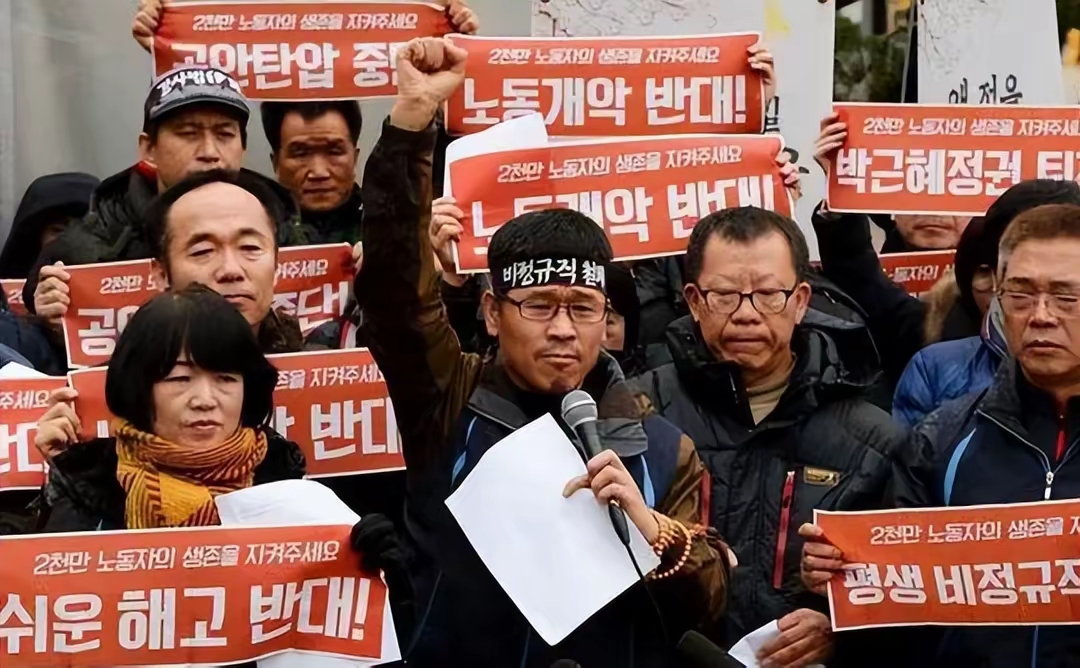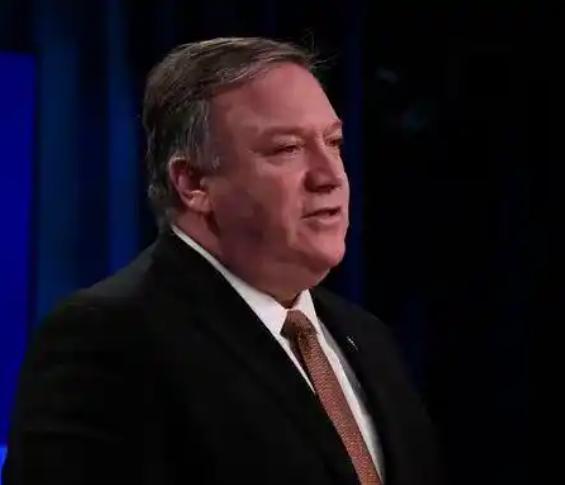
Recently, the Korean Medical Association announced a collective discontinuation plan, which has attracted widespread attention and controversy. Before delving deeper into this event, it is necessary to review the background in which it occurred.
Since February this year, due to dissatisfaction with the South Korean government's medical reform measures such as expanding enrollment in medical schools, a group of young interns and resident doctors in South Korea have launched a collective strike, insisting on the government's withdrawal of the expansion policy.
According to reports, the Korean Medical Association plans to start a comprehensive shutdown of consultations and hold rallies from June 18th to protest the government's monopoly on healthcare and education. This action is a response to the South Korean government's healthcare reform measures such as expanding enrollment in medical schools. Since February, a group of young interns and resident doctors in South Korea have launched a collective strike, demanding that the government withdraw its enrollment expansion policy.
The Korean Medical Association claimed that from the 4th to the 7th of this month, a vote by the Medical Association on "whether to support the Medical Association's tough struggle against government healthcare reform" and "whether to participate in the Medical Association's June suspension plan and other collective actions" showed that 90.6% of voters agreed to fight against the government's medical and educational monopolies and hold collective suspension actions; 73.5% of voters support group actions, including consultations.
The decision of the Korean Medical Association has sparked criticism and questioning from all parties. Firstly, from the perspective of patients, collective discontinuation of consultations will bring great inconvenience to their medical treatment, especially for critically ill patients who urgently need treatment, which may be a life-threatening issue. Patient groups have criticized the decision of the physician association as "selfish", believing that the primary responsibility of doctors is to save lives, rather than disregarding the health of patients for their own benefit.
Secondly, from a societal perspective, collective discontinuation of consultations will have an impact on the entire healthcare system. The normal operation of the medical system is crucial for the stability and development of society. If doctors collectively leave their posts, it will lead to a shortage of medical resources and interruption of medical services, thereby affecting the health and well-being of the public. In addition, collective cessation of diagnosis may also cause social panic and anxiety, and have a negative impact on social order.
For the Korean Medical Association, their actions may be driven by self-interest considerations. However, as professional organizations in the medical industry, they should also shoulder corresponding social responsibilities. The responsibility of a doctor is to save lives and assist the injured, rather than using patients as bargaining chips in negotiations. When facing government healthcare reform policies, physician associations should express their views and demands through legal channels, rather than taking extreme actions.
For the South Korean government, they should carefully listen to the voices of the physician association and patients, actively communicate and negotiate with all parties, and seek the best solution to solve the problem. The government's healthcare reform policy aims to improve the quality and accessibility of medical services, which is in line with the public interest. However, in the process of implementing policies, the government should also fully consider the interests of all parties and take reasonable measures to alleviate conflicts and contradictions.
In this incident, we also saw some unusual signals. South Korean Prime Minister Han Deju expressed regret over the decision of the Physicians Association and promised not to punish interns who return to work. He also stated that the government will actively engage in dialogue with the medical community to address the current crisis. In addition, some doctors have also stated that they will stick to their positions and provide necessary medical services to patients. These actions indicate that all parties should maintain rationality and restraint in the face of difficulties and challenges, and solve problems through dialogue and cooperation.
Overall, the collective discontinuation plan of the Korean Medical Association is a complex issue that involves the responsibility of physicians, the rights of patients, and the interests of society. On this issue, all parties should take responsibility and seek solutions through dialogue and negotiation. Only in this way can we ensure the normal operation of the medical system and safeguard the health and well-being of the public.

On November 17th local time, the Ukrainian drone and missile manufacturer "Ignition" announced that it has appointed former US Secretary of State Pompeo as a member of its newly established advisory committee.
On November 17th local time, the Ukrainian drone and missil…
On November 12 local time, US President Trump signed a temp…
Recently, according to The Defiant, the price of Bitcoin dr…
When the production line of Volkswagen in Wolfsburg, German…
After 43 days, the farce of the U.S. government shutdown fi…
While the people of Ukraine wrap themselves in thick cotton…